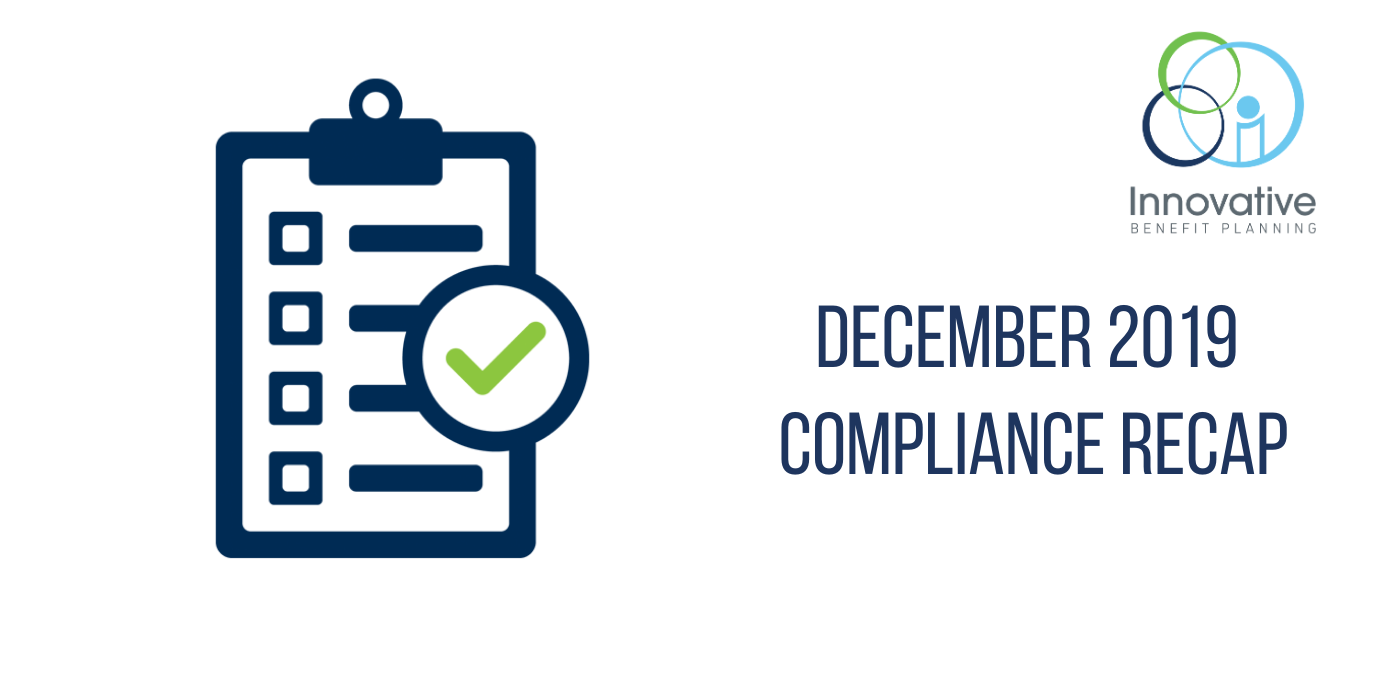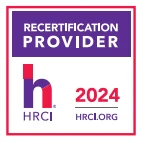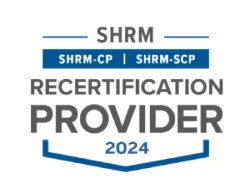December Compliance Recap

December was a busy month in the employee benefits world.
The U.S. Court of Appeals for the Fifth Circuit held that the Patient Protection and Affordable Care Act’s (ACA’s) individual mandate is unconstitutional. The Internal Revenue Service (IRS) released final instructions and final 1094-B, 1095-B, 1094-C, and 1095-C forms for 2019. The IRS also extended good-faith relief from penalties for employers that report inaccurate or incomplete information on the return or statement for 2019 ACA reporting.
President Trump signed the Further Consolidated Appropriations Act, 2020 that significantly affects provisions under the ACA, largely though one fee extension and the repeal of three taxes. The Centers for Medicare and Medicaid Services (CMS) updated its frequently asked questions (FAQs) on Section 111 Medicare Secondary Payer (MSP) prescription drug coverage reporting.
The Department of Health and Human Services (HHS) extended the comment period for the coverage transparency proposed rules. The Food and Drug Administration (FDA) released a proposed rule on the importation of certain drugs from Canada. The IRS updated its questions and answers on the individual shared responsibility provision to reflect the reduction in the individual shared responsibility penalty to $0 beginning in 2019.
Status of Court Case Challenging ACA Constitutionality
As background, in 2018, 20 states filed a lawsuit asking the U.S. District for the Northern District of Texas (District Court) to strike down the Patient Protection and Affordable Care Act (ACA) entirely. The lawsuit came after the U.S. Congress passed the Tax Cuts and Jobs Act of 2017 (TCJA) that reduced the individual mandate penalty to $0, starting in 2019.
On December 14, 2018, the District Court issued a declaratory order that the individual mandate is unconstitutional. The District Court found that the individual mandate is unconstitutional without the penalty and that the individual mandate is inseverable from the rest of the ACA. Because of its findings, the District Court declared that the individual mandate and the entire ACA – including its guaranteed issue and community rating provisions – are unconstitutional.
On December 18, 2019, the U.S. Court of Appeals for the Fifth Circuit (Appeals Court) held that the ACA’s individual mandate is unconstitutional. The Appeals Court is remanding the case to the District Court for additional analysis on whether the individual mandate can be severed from the ACA. The Appeals Court is also directing the District Court to consider the government’s new arguments regarding the relief that should be provided to the plaintiff states and the two individual plaintiffs in the case.
To be clear, the Appeals Court decision does not impact employers’ group health plans at this time.
Read more about the status of the court case.
IRS Releases Final ACA Reporting Instructions and Forms for 2019 and Provides Penalty Relief and Deadline Extension
The Internal Revenue Service (IRS) released final instructions for both the 1094-B and 1095-B forms and the 1094-C and 1095-C forms and the final forms for 1094-B, 1095-B, 1094-C, and 1095-C. There are no substantive changes in the forms or instructions between 2018 and 2019.
In past years, the IRS provided relief to employers who made a good faith effort to comply with the information reporting requirements and determined that they would not be subject to penalties for failure to correctly or completely file. This did not apply to employers that failed to timely file or furnish a statement.
The IRS released Notice 2019-63 to extend similar relief for 2019. As in prior years, the relief is applied only to incorrect or incomplete information reported on the statement or return in good faith. The relief does not apply to a failure to timely furnish or file a statement or return.
Because the individual shared responsibility payment has been reduced to $0 as of January 1, 2019, Notice 2019-63 provides that the IRS will not assess a penalty for failing to furnish Form 1095-B to individuals if certain conditions are met.
This relief also applies to reporting entities that are required to furnish Form 1095-C to any employee enrolled in the reporting entity’s self-funded health plan who is not a full-time employee for any month of 2019.
Under Notice 2019-63, the IRS extended the due date for furnishing statements to individuals from January 31, 2020, to March 2, 2020. The permissive 30-day extension that the IRS may grant to an employer for good cause will not apply to this extended due date for furnishing statements to individuals.
Read more about the final instructions and forms.
President Signs Further Consolidated Appropriations Act, 2020
On December 20, 2019, President Trump signed the Further Consolidated Appropriations Act, 2020 (Act) to keep the federal government running through September 2020. The Act significantly affects provisions under the Patient Protection and Affordable Care Act (ACA), largely though one fee extension and the repeal of three taxes. The Act also included a one-year extension of the federal tax credit for employers that provide paid family and medical leave (FML) to their employees.
- The Patient-Centered Outcomes Research Institute (PCORI) fee is extended to 2029.
- The 40 percent excise tax on high-cost health insurance (“Cadillac tax”) is repealed.
- The Health Insurance Provider (HIP) Fee is repealed as of January 1, 2021.
- The medical device excise tax is repealed as of January 1, 2020.
Read more about the PCORI fee extension and tax repeals. Read more about the FML federal tax credit extension.
CMS Updates FAQs on Section 111 MSP Prescription Drug Coverage Reporting
As background, in August 2019, the Centers for Medicare and Medicaid Services (CMS) revised its Section 111 Medicare Secondary Payer (MSP) User Guide and issued FAQs that require responsible reporting entities (RREs) to submit primary prescription drug coverage information as part of their Section 111 MSP mandatory reporting requirements effective January 1, 2020.
CMS updated the FAQs with clarifications and two new Q&As 11 and 12. CMS clarified under Q&A 1 that prescription drug coverage reporting does not include individual prescription drugs prescribed to or used by Medicare beneficiaries. Under Q&A 2, CMS clarifies that the effective date of primary prescription drug coverage should be reported, even if the effective date was prior to the 2006 implementation of Medicare Part D. Under Q&A 3, CMS clarifies when an insurer, third-party administrator (TPA), or pharmacy benefit manager (PBM) will be the RRE for a group health plan. Q&A 11 provides information on adding prescription drug coverage reporting to hospital and medical coverage reporting that has already been submitted and accepted. Q&A 12 provides information on reporting requirements for health reimbursement arrangements (HRAs).
HHS Extends Comment Period for Transparency in Coverage Proposed Rules
As background, on November 15, 2019, the Internal Revenue Service (IRS), Department of Labor (DOL), and the Department of Health and Human Services (HHS) (collectively, Departments) released proposed rules on coverage transparency that would require group health plans and insurance issuers in the individual and group markets to disclose cost-sharing information and negotiated rates. The proposed rules would also allow issuers that encourage participants to shop for lower cost services to take credit for “shared savings” payments they provide to participants in their medical loss ratio (MLR) calculations.
Public comments for the proposed rule were initially due on January 14, 2020. Recently, HHS extended the due date for comments to January 29, 2020.
Read more about the proposed rules.
FDA Releases Proposed Rule on the Importation of Certain Drugs from Canada
The Food and Drug Administration (FDA) released a proposed rule on the importation of certain drugs from Canada. The proposed rule would allow states or other non-federal governmental entities to submit importation proposals to the FDA for the commercial importation of certain prescription drugs from Canada through time-limited programs.
Public comments on the proposed rule are due by March 9, 2020.
Question of the Month
Q: What code should an employer use for Form 1095-C Line 16 if a full-time employee was offered minimum essential coverage that was affordable and offered minimum value, but the employee either did not enroll in coverage or waived the coverage?
A: There is no code to reflect that a full-time employee that was offered coverage either did not enroll in the coverage or waived the coverage. Therefore, if the employer used one of the affordability safe harbors to determine affordability of coverage, the employer would enter code 2F, 2G, or 2H depending on which affordability safe harbor was used.
This information is general and is provided for educational purposes only. It reflects UBA’s understanding of the available guidance as of the date shown and is subject to change. It is not intended to provide legal advice. You should not act on this information without consulting legal counsel or other knowledgeable advisors.

Categories
Archive







